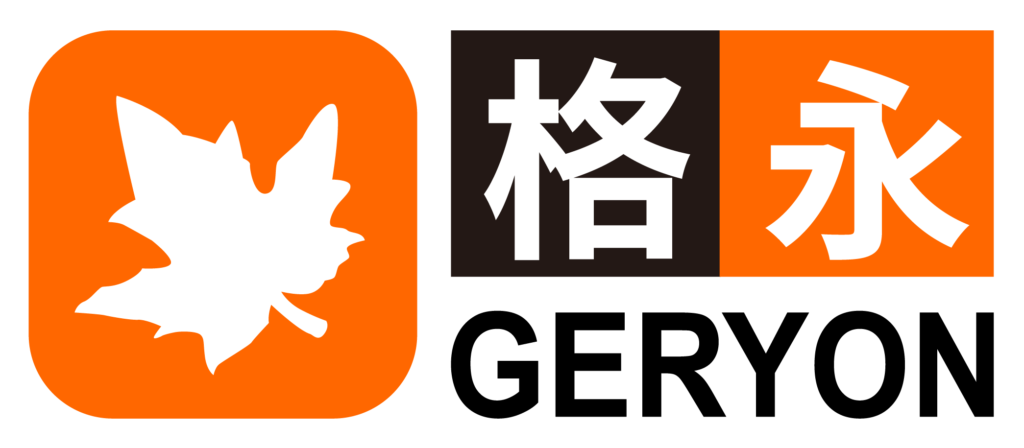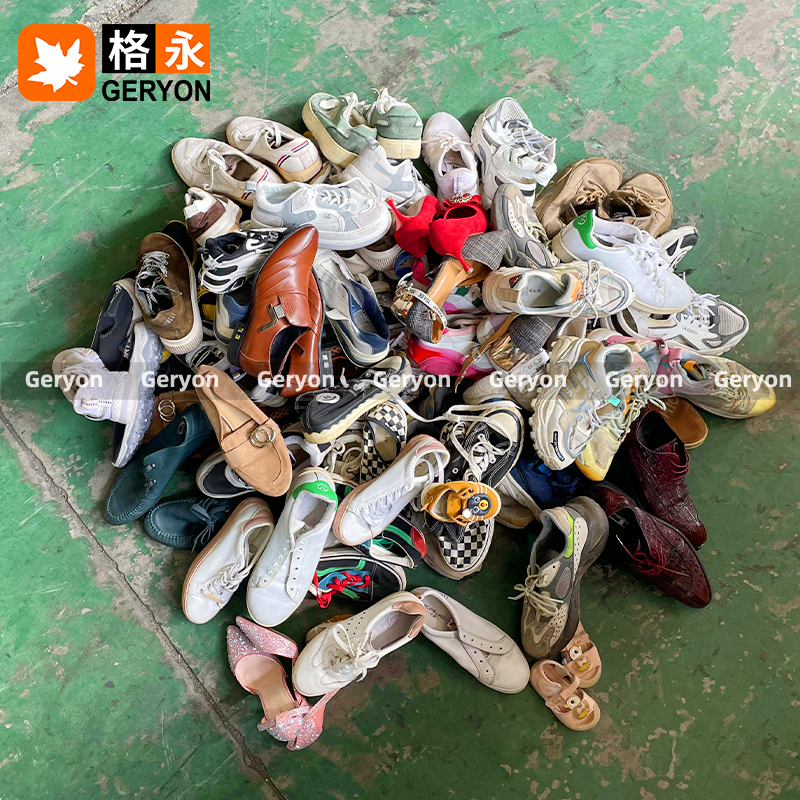When it comes to importing Nigeria used shoes, quality and price are two of the most important considerations for B2B buyers. The Nigerian market is a prime destination for second-hand footwear, with many resellers relying on used shoes to meet local demand. In this article, we will help you navigate the process of sourcing Nigeria used shoes from trustworthy suppliers, ensuring that you get the best deals and the highest quality products for resale.
Table of Contents
1. Introduction: The Growing Demand for Nigeria Used Shoes
As one of the fastest-growing markets in Africa, Nigeria has seen a significant rise in the demand for affordable footwear, making Nigeria used shoes a highly sought-after commodity. B2B importers and resellers are tapping into this demand, capitalizing on the growing trend of second-hand goods as a way to offer quality products at lower prices. In this article, we will explore how to navigate the Nigeria used shoes market, find the best deals, and ensure your business thrives in this booming sector.
Why Nigeria Used Shoes Are Popular
The popularity of Nigeria used shoes can be attributed to the country’s growing middle class and the increasing cost of new, imported footwear. Many Nigerian consumers prefer second-hand shoes because they offer significant savings without compromising on style and durability. Additionally, the cultural preference for quality shoes that can withstand the wear and tear of daily life makes used footwear an appealing choice. For B2B importers and resellers, this trend presents a profitable opportunity to tap into a market that values affordability and quality.
Opportunities for B2B Importers and Resellers
The opportunities for B2B importers and resellers in the Nigeria used shoes market are vast. With a population of over 200 million people, Nigeria represents one of the largest consumer markets in Africa. As demand for second-hand footwear continues to grow, importing Nigeria used shoes from reliable suppliers can create a steady revenue stream. Moreover, by understanding local preferences and building strong relationships with suppliers, resellers can maximize their profit margins and expand their business within the Nigerian market.
2. Understanding the Market for Nigeria Used Shoes
Overview of Nigeria’s Second-Hand Footwear Market
Nigeria’s second-hand footwear market has become a vital component of the country’s retail landscape. With the rise in import duties on new products and the financial constraints of many consumers, Nigeria used shoes have filled a niche by providing affordable alternatives. The second-hand footwear market is particularly strong in urban areas like Lagos, Abuja, and Port Harcourt, where a high volume of consumers actively seeks quality used shoes from international sources. This growing demand makes it a lucrative sector for B2B importers who want to meet local needs and capture market share.
Key Consumer Trends Driving Demand
Several consumer trends are driving the demand for Nigeria used shoes. First, there is a significant shift toward sustainability, as Nigerian consumers become more environmentally conscious and seek out eco-friendly products. Additionally, the strong desire for high-quality branded footwear at affordable prices is pushing more people to opt for second-hand options. Lastly, the increasing number of fashion-conscious buyers, particularly among the youth, has contributed to the rise of resale markets where Nigeria used shoes are often sold at competitive prices.
3. Where to Find the Best Deals on Nigeria Used Shoes
Sourcing Suppliers: Domestic vs. International Options
When looking to import Nigeria used shoes, importers have two main options: sourcing locally within Nigeria or working with international suppliers. Domestic suppliers may offer advantages such as faster shipping and familiarity with local regulations, but international suppliers, particularly from the U.S., Europe, and Asia, can provide a wider variety of styles and brands at competitive prices. Importers should assess their priorities, whether it’s cost efficiency or the diversity of their product offerings, to decide the best approach for sourcing Nigeria used shoes.
Key Wholesale Platforms and Trade Shows
In today’s digital age, sourcing Nigeria used shoes is easier than ever, with several online platforms and trade shows dedicated to wholesale transactions. Websites like Alibaba, TradeKey, and Made-in-China offer a wide range of suppliers from different regions, allowing importers to compare prices and negotiate deals. Additionally, attending international trade fairs such as the African Fashion and Textile Expo can provide valuable opportunities to network with suppliers of Nigeria used shoes and build strong business relationships.
Local Auctions and Direct Sourcing
For importers looking to find the best deals on Nigeria used shoes, local auctions and direct sourcing from donation centers are popular options. These auctions are often held by large warehouses or NGOs that import bulk shipments of second-hand goods. Importers can attend these events to bid on large quantities of Nigeria used shoes at lower prices, especially if they have experience evaluating the quality and sorting the footwear by condition, size, and brand.

4. How to Evaluate the Quality of Nigeria Used Shoes
Assessing Shoe Condition: Tips for Buyers
When buying Nigeria used shoes, it’s essential for B2B importers to assess the condition of the footwear to ensure it meets the quality standards expected by Nigerian consumers. Buyers should check for signs of wear, including sole damage, scuffs, and broken stitching. Importers should also assess the overall cleanliness of the shoes and determine if any repairs are necessary before resale. By implementing a clear quality control process, importers can avoid costly mistakes and maintain a positive reputation in the market.
Common Types of Footwear Available in the Market
In the Nigeria used shoes market, a wide range of footwear types are available, from casual sneakers to formal shoes and sandals. The most popular brands among Nigerian consumers include Nike, Adidas, Puma, and Converse. Importers should be aware of the most in-demand types of shoes and focus on sourcing these products. Additionally, seasonal footwear such as flip-flops and boots may have higher turnover rates depending on local weather conditions and trends.
Ensuring Compliance with Local Regulations
Before importing Nigeria used shoes, it’s important for B2B importers to ensure they comply with local regulations regarding second-hand goods. Nigeria has specific guidelines on the importation of used products, including footwear, to protect consumers from low-quality or unsafe items. Importers should familiarize themselves with the country’s standards, including health and safety regulations, and ensure that all products meet the necessary quality criteria to avoid delays at customs.
5. Negotiating Prices and Securing Discounts on Bulk Orders
Building Relationships with Suppliers
One of the best ways to secure better prices for Nigeria used shoes is to build long-term relationships with trusted suppliers. By establishing a reputation as a reliable importer, you may be able to negotiate discounts or exclusive deals on bulk orders. Suppliers may be more inclined to offer favorable terms to businesses that consistently place large orders, providing an opportunity for importers to reduce costs and improve profit margins.
Understanding Pricing Structures and Discounts
Pricing structures for Nigeria used shoes can vary significantly depending on the supplier, quality of the shoes, and the quantity ordered. Many suppliers offer tiered pricing models, where bulk orders are eligible for larger discounts. Importers should understand these pricing models and determine their purchasing strategy based on their budget and sales targets. By ordering in bulk, importers can take advantage of discounts while ensuring they maintain a steady supply of shoes for resale.
Leveraging Bulk Buying for Cost Savings
Bulk buying is one of the most effective ways for importers to reduce the per-unit cost of Nigeria used shoes. When placing large orders, importers can negotiate discounts based on volume, which can significantly lower the cost of goods sold. Additionally, bulk purchases allow importers to stock up on in-demand products, ensuring they can meet local demand without constantly replenishing inventory. This strategy is especially useful for resellers who want to maintain a competitive edge in the market.
6. Shipping and Logistics for Nigeria Used Shoes
Best Practices for Shipping Used Footwear to Nigeria
Shipping Nigeria used shoes from international suppliers requires careful planning to ensure timely delivery and minimal damage. Importers should work with experienced freight forwarders who understand the intricacies of shipping second-hand goods. It’s also important to use proper packaging to protect the shoes during transit. Depending on the quantity, sea freight is often the most cost-effective option, but air freight may be necessary for smaller, time-sensitive shipments.
Understanding Import Duties and Taxes
When importing Nigeria used shoes, importers must be aware of the import duties and taxes that apply to second-hand goods. The Nigerian government imposes specific tariffs on imported goods, which can impact the overall cost of importing footwear. Importers should research the current tariff rates for used shoes and account for these expenses when calculating the total landed cost. This knowledge will help businesses plan their budgets and price their products competitively in the Nigerian market.
Handling Shipping Delays and Customs Issues
Shipping delays and customs issues are common challenges when importing Nigeria used shoes. To minimize these risks, importers should ensure that all necessary paperwork, including invoices and certificates of origin, is in order. Working with reliable customs brokers can help streamline the clearance process and avoid delays at the port. Additionally, it’s wise to factor in potential shipping delays when planning inventory replenishment schedules to ensure your business remains stocked with high-demand products.

7. Selling Nigeria Used Shoes: Maximizing Profit Margins
Targeting the Right Consumer Segments
To maximize profit margins, B2B resellers of Nigeria used shoes should focus on targeting the right consumer segments. While used footwear appeals to a wide range of buyers, specific groups such as young professionals, students, and low-income households are the primary consumers. By tailoring your marketing efforts to these segments, you can increase the chances of selling large volumes of shoes at competitive prices.
Effective Marketing Strategies for Second-Hand Footwear
Effective marketing is crucial for reselling Nigeria used shoes. Importers can use social media platforms like Instagram and Facebook to showcase their inventory, highlighting the quality and affordability of the shoes. Additionally, leveraging local marketing channels such as community events, flyers, and word-of-mouth advertising can help build brand awareness and attract customers. A strong online presence can further expand your customer base, especially in Nigeria’s growing e-commerce market.







